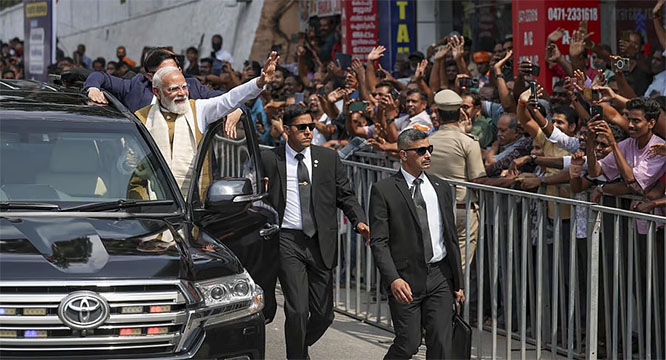Another Israeli spyware resembling the notorious Pegasus program has been used to target journalists and opposition politicians in 10 countries, according to a Canadian watchdog.
This was revealed by Microsoft and Citizen Lab, which studies the abuse of digital technologies, on Tuesday.
The spy app has been developed by an Israeli firm called QuaDream which was established by a former Israeli military official. The firm is also linked to veterans who made Pegasus.
At least five people, still unidentified, have been targeted by QuaDream. Both Israeli spy apps have been sold to government agencies in North America, Central Asia, Southeast Asia, Europe, and the Middle East.
Citizen Lab identified servers in 10 countries that received data from victims' devices, including Israel, Singapore, Mexico, the United Arab Emirates and Bulgaria.
The Canadian watchdog said QuaDream has sold its spyware and services to government clients including Singapore, Saudi Arabia, Mexico, Ghana, Indonesia and Morocco.
"Victims include journalists, political opposition figures, and an NGO worker," Citizen Lab said, saying it would not identify them at the moment.
The White House said in late March that Pegasus has been used by governments "to facilitate repression and enable human rights abuses."
Some of the countries deploying Pegasus have been accused of deploying it on peaceful domestic opposition.
World leaders, including French President Emanuel Macron, and top politicians and journalists are believed to have been targeted by Pegasus.
Pegasus is Israeli spyware that was designed and developed by Israel's NSO group and is used to break into mobile phones and spy on a large part of personal information including text messages, passwords, locations, and microphone and camera receivers.
The Israeli company marketed this technology as a tool to target its desired targets in the world.
Many European governments have used this controversial software to suppress dissidents, journalists, and political opponents around the world.
In Europe, some cyber detectives have found traces of the use of Pegasus or some other spyware in Poland, Hungary, Spain, and Greece.






Comments
Add new comment